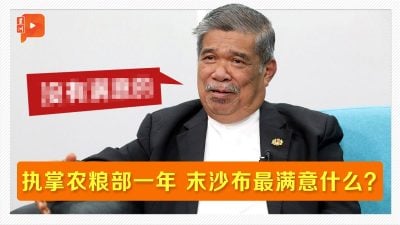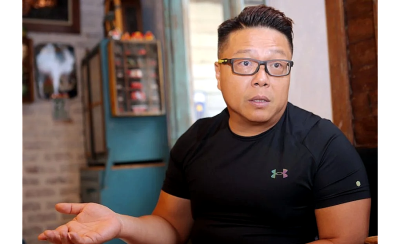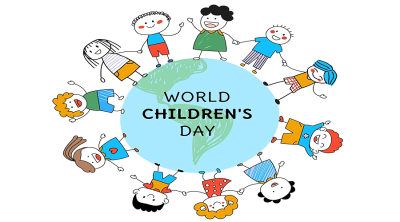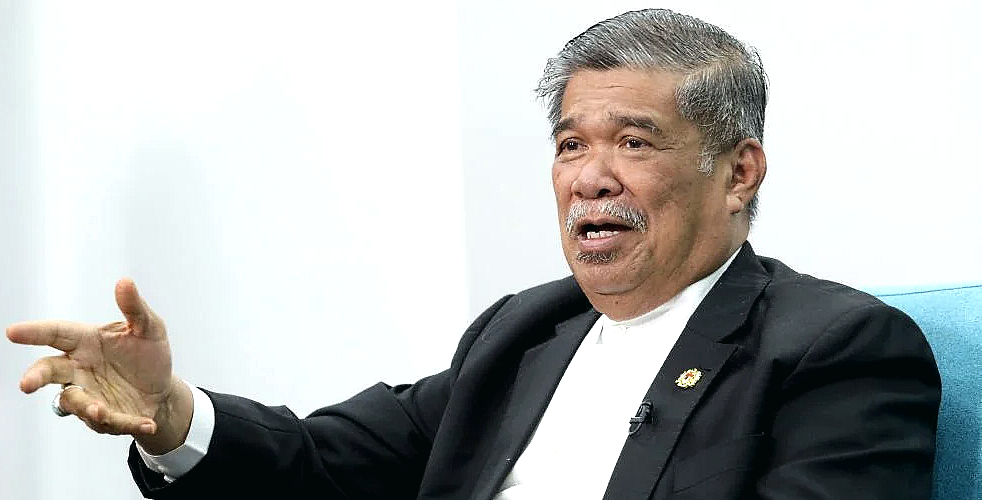
PETALING JAYA: The self-sufficiency rate (SSR) of rice is targeted to achieve 70% by 2030, says Agriculture and Food Security Minister Datuk Seri Mohamad Sabu.
The SSR is currently at 65%, and will eventually reach 100%, he said.
In an interview with Sin Chew Daily, Mat Sabu said Malaysia should learn from China to resolve rice shortage by becoming self-sufficient.
Through technology transfer from China, the Malaysia Agricultural Research and Development Institute is studying new types of rice to resolve production issues.
“Rice produced in Malaysia need about 120 days while China can deliver in just 75 days. We are grateful that China is generous in providing us the technology,” he said.
“In the past, as the price of imported rice was low, people neglected the need to grow paddy in a large scale.
“A bag of 10 kg rice was sold at RM26, while the better quality imported rice was sold between RM31 and RM32 then.
“As India has banned the export of rice causing the price of imported rice to soar to RM45 for 10 kg, people had to switch to local rice.
“Prior to this, growing paddy was not a consideration, as imported rice was readily available,” he said.
Malaysia would need to be self-sufficient over the next 10 years if no imported rice is available, he asserted.
To avoid being constrained by rice import, the ministry is increasing the rice SSR. The model in Sekinchan is expanding to Kedah and Terengganu, he said.
The private sector is keen to produce rice in a large scale in Johor, Pahang, Perak and East Malaysia where negotiations are on-going, he said.
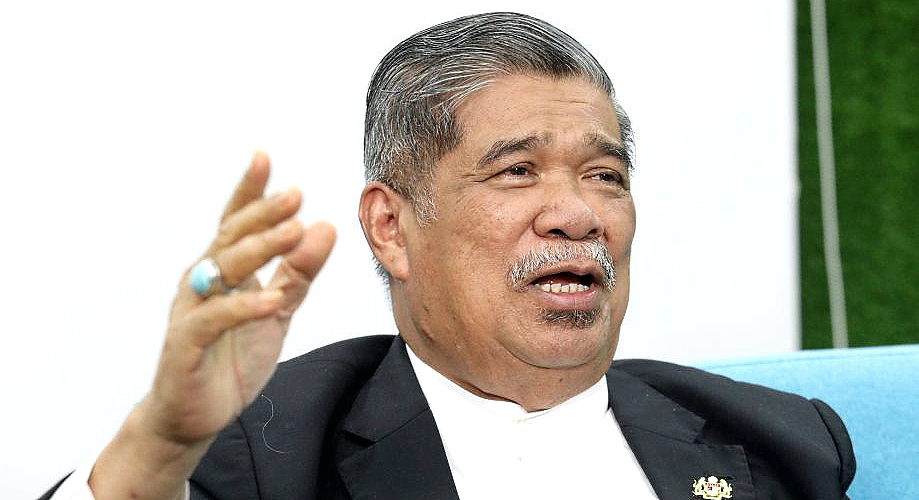
Polarisation trend worrying
In the meantime, Mat Sabu also expressed tremendous concern over the increasing trend of racial and religious polarisation in the country, as rival parties are playing up religious issues to win over the voters.
He said Malaysians from different ethnic backgrounds should compete against one another on equal footing, adding that if the Chinese are able to succeed in business, so should the Malays, and the Malays should not put the blame on other people for their own failure.
He said even if people want to change the government, this should be done based on the performance and not racial and religious factors.
Mat Sabu lamented that people tend to believe in distorted TikTok messages on racial and religious issues. He admitted that it is not easy to reverse the situation.
Many Malays have lost their faith in Pakatan Harapan because they feel that the status of Islam and the Malays is under threat, giving rival parties an opportunity to exploit the situation, said Mat Sabu.
He also said growing polarisation is unfavourable to the country’s development, and as such his Parti Amanah Negara will keep explaining to the people in an attempt to reverse the wrong cognisance among the people.
ADVERTISEMENT
ADVERTISEMENT






